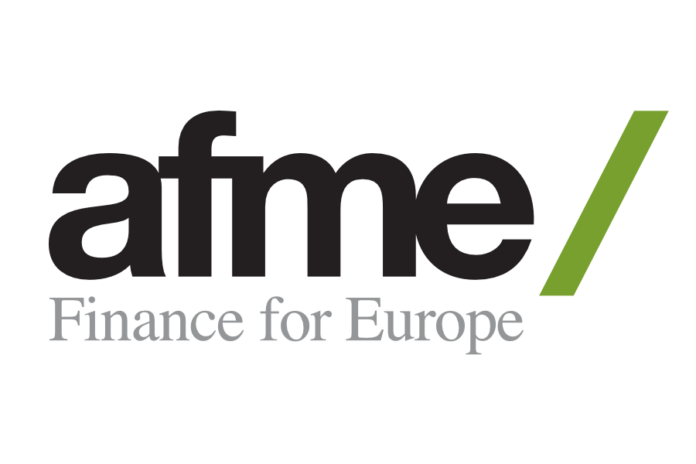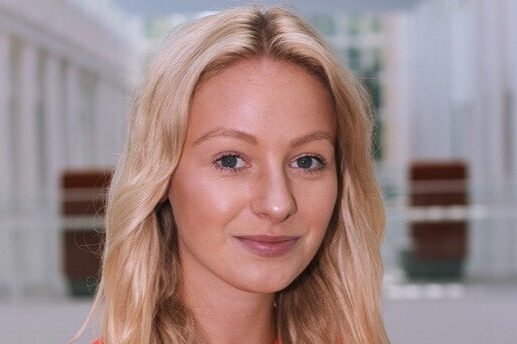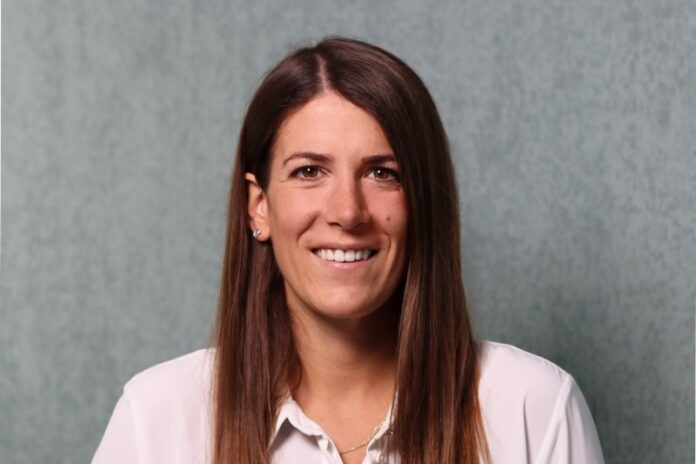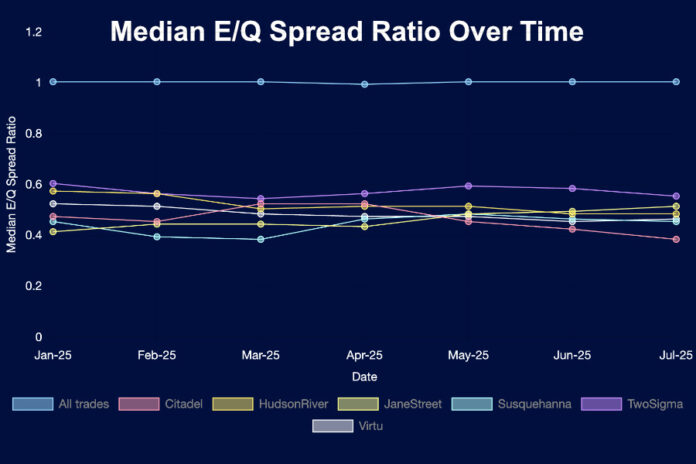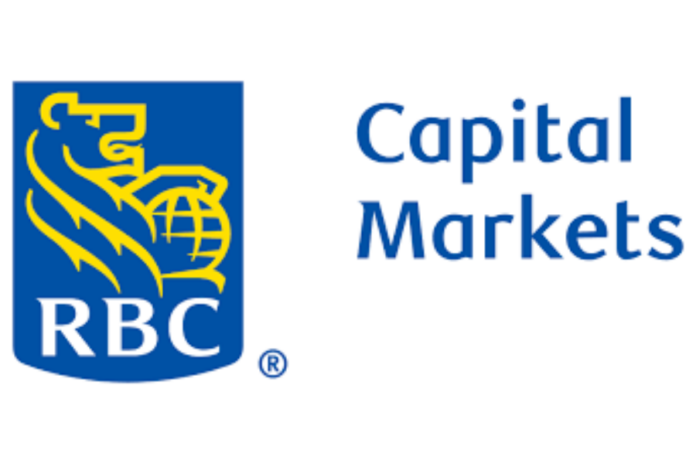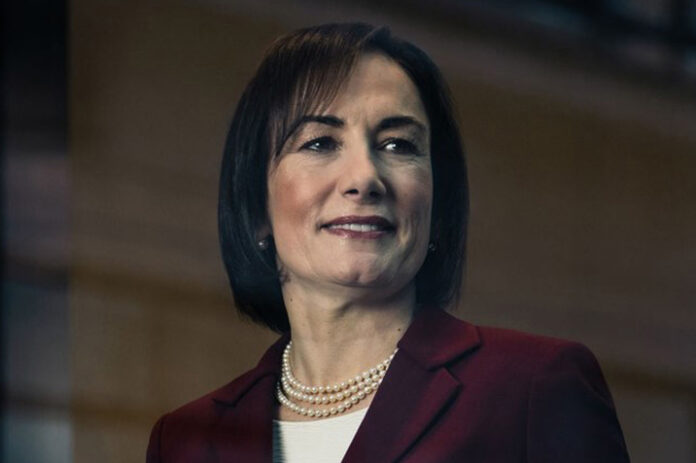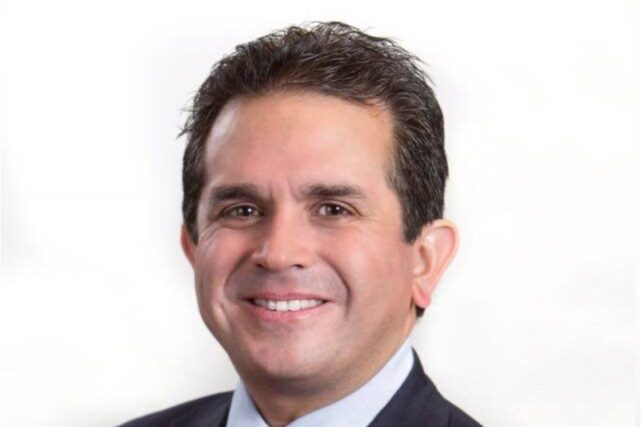At the close of the FCA’s systematic internaliser regime consultation on 10 September, two key stakeholders have expressed diverging views on the reform of equity transparency.
AFME is against reporting internalised hedging and venue attributed quotes on the consolidated tape; EPTA supports flags for addressable liquidity and a venue-attributed pre-trade CT to better represent the total accessible liquidity.
Alongside proposals to end the non-equity SI regime, the FCA’s consultation asked stakeholders for their views on easing restrictions on matched-principal trading by multilateral trading facilities (MTFs), allowing SIs to run organised trading facilities (OTFs), as well as widening away from primary-market-only how venues source the mid-price under the reference price waiver.
In the EU, following the MiFIR review, the SI regime is now opt-in and does not rely anymore on public systematic internaliser calculations.
In its reply, as well as agreeing with the ending of the SI regime for bond, the association representing European banks declared it is against broadening equity post-trade reports to capture internalised hedging or book transfers linked to delta-one exposures. It says this would artificially inflate activity and undermine the quality of the UK tape. AFME also opposes including SI quotes on a consolidated tape and cautions against narrowing how the systematic internaliser (SINT) flag is used.
AFME said: “AFME members fully agree with the complete removal of the regime for bonds, derivatives, structured finance products and emission allowances.”
EPTA, the European principal trading association, takes a different approach to equity transparency. It proposes mandated flags for internalised hedging related to equity derivatives to better report “addressable” liquidity and estimates that publication could lift reported volumes by 10 to 15%.
Read more: Aquis study prompts calls for standardised FIX flags
EPTA also supports a venue-attributed pre-trade consolidated tape and clearer automated/manual indicators but opposes restricting SINT to trades below standard market size.
EPTA said: “Our members see SIs as a positive construct which brings transparency, along with more formalized and democratic access, to bilateral risk facilitation.”
Both AFME and EPTA support allowing venues to source the mid-price data from a wider set of venues than primary only. They proposed enhancing transparency if order-level mid-point functionality sits on lit books under the same market identifier code (MIC). They suggest using explicit identifiers so market data users can distinguish execution types. Both associations agree with letting SIs operate OTFs, and lifting the matched-principal ban for MTFs, if consistent flagging preserves the distinction between on-venue, SI and OTC trading.

